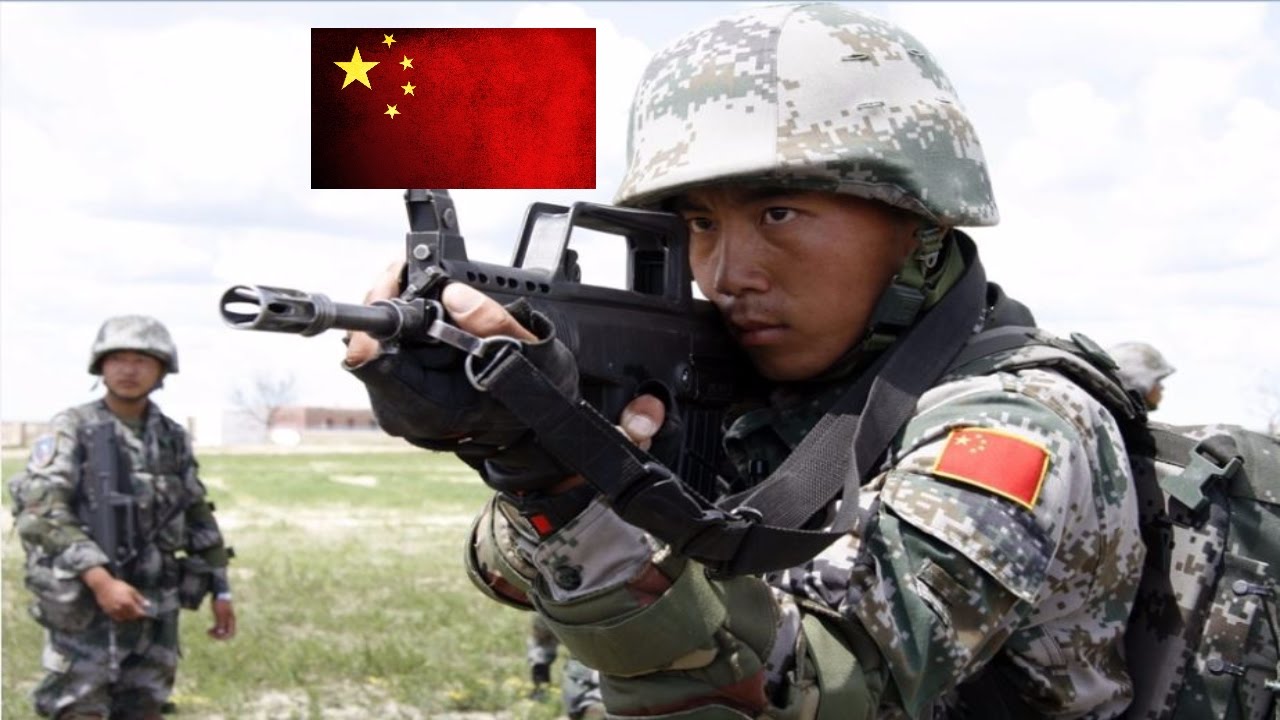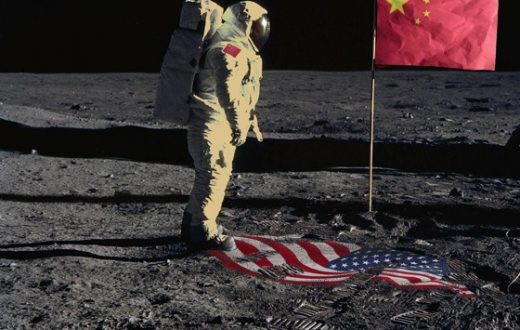We should be clear that the Belt and Road Initiative (BRI) is not an aiding program from China to the involving countries, especially the developing ones. China is not doing any charity with the BRI. The investments, trading and other projects will be profit oriented; it does not matter whether profit could be short or long term.
BRI is an established set of mechanism. I would like to take it as a new concept of regional and global development. If you review the bilateral agreement and relating projects China has signed with countries concerned you may find that there is no such standard version of cooperation under BRI. They were all negotiated and finalized in a mutual trust and win-win spirit. To shoulder the risk and burden together and share the achievements I also believe that more diversified form of cooperation will be adopted as more countries like Nepal are joining the BRI.
While talking about BRI and the Marshall Plan forged by the US after the World War II, I do not find any synchronization between the two. For instance, there might be some political intentions for China to promote this initiative so actively. However, it is totally different from Marshall Plan, which directly aimed at controlling the involved countries politically and economically.
The BRI has been promoted without setting any political precondition and considering the historical anecdotes about China it is difficult to buy the idea of Western scholars regarding the BRI that China might push its Communist ideology along with BRI as a major factor in this commercial world of today.
Although President Xi Jinping has famously said that China is a peaceful nation and will not interfere in the political affairs of any other nation, the recent political debacle in South Asian Countries like Maldives and Sri Lanka (debt trap) has seriously raised the question of Chinese influence in the internal politics of those countries.
The adoption of Mandarin as a national language of Pakistan, another South Asian country, is also a Chinese influence in internal politics of another country. Official consideration of national language seldom might be regarded as a minor issue as it has the potential to replicate the challenges in days to come. These three countries’ politics has been in turmoil within a short span of time due to their over-dependence with China.
These issues can be analyzed in another way too. Those three countries might have envisioned China as the alternate force to balance some other country or power. Similarly, their engagement with China does not seem to have been prepared well. China is a paramount factor in the today’s world unlike its predecessor. The Chinese are much focused on their agenda and they are clear about what they are seeking from their friends and foes.
The interactions between Nepal and China
Is Nepal prepared enough to engage with China in a robust way? To address the asymmetrical dependence of Nepal with India, Nepal needs to cooperate with China in all possible aspects. China and India are the only neighbors of Nepal. We do not have any other choices but to befriend them. Both are our geographical compulsions. To end the asymmetric dependence of Nepal with India, China is only a better choice.
Should the bitter experience of South Asian neighbors with India inspire us to pivot to China? It is true that Nepal wants to escape from political, economic and even psychological hegemony of India over Nepal in many senses. But we should not advocate China as an alternate to India. Nepal needs to take steps to correct the policy courses from equidistance to equi-proximity with two neighbors and reinvigorate relations which could be adapted to changing circumstances with both of our neighbors.
As we can figure out, the modality of International Politics within a decade has distinctly changed with the lasting impacts. Wars, conflict and terror still are in the driving seat; however, the present world is more inclined towards the commercial aspects. Chinese cities are slowly but steadily accepted as modern economic hubs.
Nepal can meaningfully cooperate with China in days to come. Will Nepal be in a position to reap the fruits from the cooperation? If we do not do proper homework in the near future, BRI could be next World Trade Organization for us.
China’s business with Nepal is expanding every year. However, the trade balance vigorously favors China. Considering the statistics presented by the Trade and Export Promotion Center (TEPC) China has surpassed India in the commerce in Nepal. Chinese trade has grown 17 times more in Nepal since 2006. If we look at Nepal’s trade with China in the past one year, exports have decreased by 22.6 percent and import has been increased by 13.8 percent (TEPC, 2017). Can we imagine what might be the condition with the proper implementation of BRI project and its embedded infrastructure?
Nepal hasn’t been able to decrease trade deficit in spite of being given zero tariffs for nearly 9,000 Nepali products in China. The government of Nepal still appears to be unprepared and unclear to deal with this issue. The main objective of BRI is connectivity and infrastructure. China has ample of things to export. But what are we going to export to China? Is only importing Chinese goods and Chinese tourists our purpose in joining the BRI project? BRI will benefit us only if we can re-customize it for our betterment.
With the implementation of BRI, Nepal will be free from singular sea route through India for international trade. Eventually, this could benefit Nepal in many prospects. However, we should also equally be vigilant about security challenges that might occur with Tibetan issues. Security challenges in Nepal ultimately will hamper stability of both the neighbours.








